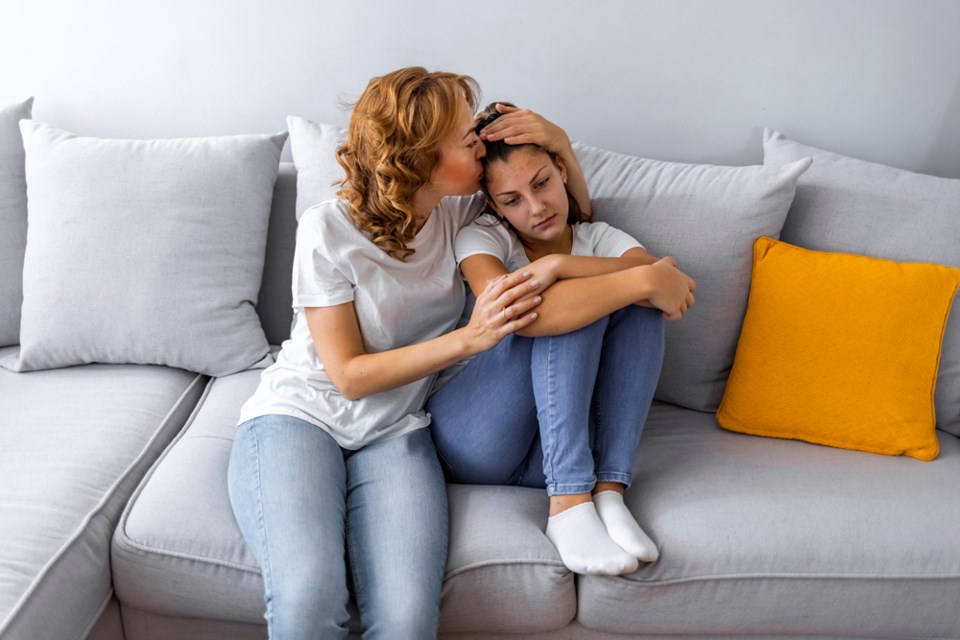A Coquitlam group is urging parents to talk with their children about the risks of sharing intimate photos and videos of themselves or with each other online.
Children of the Street Society has been working for decades in the Tri-Cities to stop sexual exploitation of youth, but, in recent years, has turned their attention to online luring by exploiters seeking to satisfy their urges by connecting with youngsters via social media or messaging apps.
Camila Jimenez, the organization's program manager, said parents are usually shocked to learn their children are having intimate, private conversations with strangers who they consider to be "friends."
And when things get out of hand, photos are shared or an arrangement to meet is made, parents are so angry and afraid they don't know what to do.
"You want to stay calm, you want educate yourself and listen to your child about what’s happened," said Jimenez.
"You really need to hear from their perspective."
Then parents need to call the authorities, Coquitlam RCMP or Port Moody police for a thorough investigation, or the school if the situation involves friends.
ONLINE EXPLOITATION CAN'T HAPPEN TO MY CHILD
Parents she hears from though are shocked.
"They never even thought this was possible with their child," said Jimenez, a Coquitlam resident.
Sometimes sharing takes place between peers; it can be a self-esteem issue or wanting to be liked.
In others, it's a case of luring where a stranger connects with a youngster privately, starting with a simple 'like' on an image, and moving toward more in-depth sharing.
"It can start with an easy like or an really easy nice chat because youth are longing for that connection and they are feeling that gap often online," said Jimenez.
To the child or teen, the stranger who has been connecting with them is a friend, but if they become "pushy," coach them to switch messaging apps or ask them to meet, a line has been crossed.
According to Jimenez, anyone under the age of 18 who has been manipulated or forced to trade a sexual act for something in return, such as love, attention, money or drugs is a victim of sexual exploitation.
ILLEGAL TO SHARE INTIMATE PICS OF UNDER-AGED KIDS
As well, re-sharing of sexual images of a person under the age of 18 is considered exploitation as they’re not able to consent.
Simply taking away a child's cell phone when a crisis emerges, or delaying giving one to them, is not the solution.
Instead, Jimenez recommends parents start having talks with their child about these issues when they are as young as nine, when they start playing video games online or when they begin to chat online with friends.
It can be awkward to talk about this topic, admits Jimenez, who has children of her own, but it's important for kids to know their parents can be trusted in an emergency involving online activities.
This month, Children of the Street – a program of PLEA Community Services – is urging parents and caregivers to check-in with their kids through its HaveTheTalk.ca campaign, during "Stop the Sexual Exploitation of Children and Youth Awareness Week."
Parents are also encouraged to check out the #HaveTheTalk 10-tip sheet for more information.
ONLINE SEXUAL EXPLOITATION WORSENS DURING PANDEMIC
- The Canadian Centre for Child Protection revealed an 88 per cent increase in reports of child online exploitation since the COVID-19 pandemic started; the Surrey RCMP, meanwhile, reported a 122 per cent increase in cases involving child sexual abuse images in the last three years.
-
On any given day, there are 750,000 individuals online who are actively targeting children for sexual purposes, according to the Global Partnership and Fund to End Violence Against Children.





